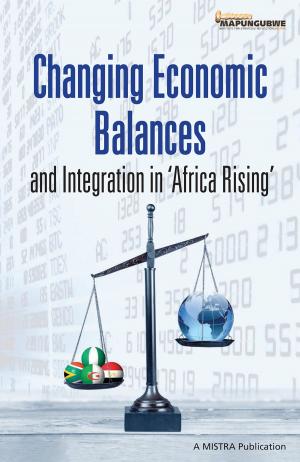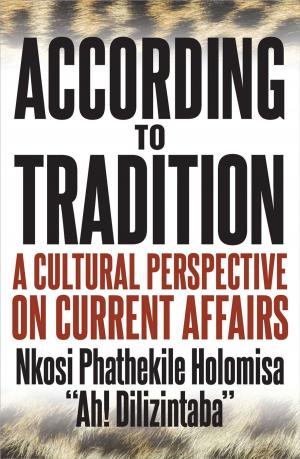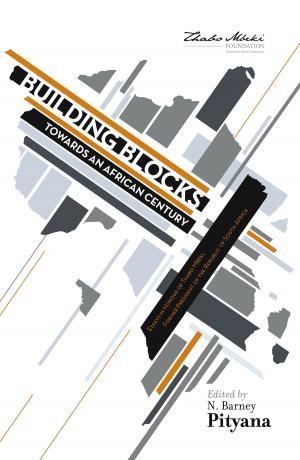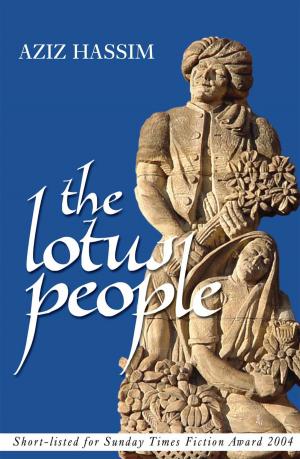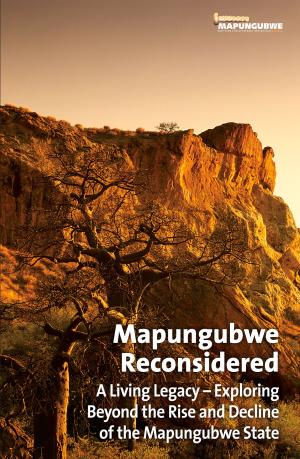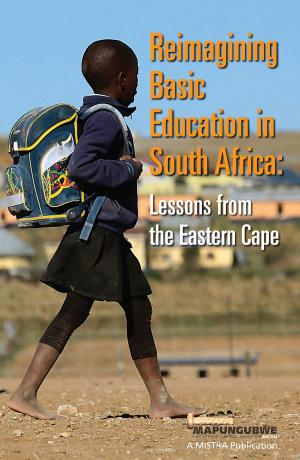Seeking the Ethical Foundations of the South African Nation
Nonfiction, Social & Cultural Studies, Political Science, Government, Civics| Author: | Iraj Abedian, Reuel Khoza, Vuyo Mathlati, Yvonne Mokgoro, Itumelang Mosala, Shireen Motala, Bishop M. Malusi Mpumlwana, Fumani Mthembi, Joel Netshitenzhe, Sipho Pityana, Elelwani Ramugondo, Nompumelelo Runji, Jeffrey Sehume, Ashleigh Sibanda, Pedro Tabensky, Beulah Thumbadoo, Ria Vosloo, Edward Webster, Nonjabulo Zondi | ISBN: | 9781928341529 |
| Publisher: | Real African Publishers | Publication: | March 14, 2018 |
| Imprint: | Real African Publishers | Language: | English |
| Author: | Iraj Abedian, Reuel Khoza, Vuyo Mathlati, Yvonne Mokgoro, Itumelang Mosala, Shireen Motala, Bishop M. Malusi Mpumlwana, Fumani Mthembi, Joel Netshitenzhe, Sipho Pityana, Elelwani Ramugondo, Nompumelelo Runji, Jeffrey Sehume, Ashleigh Sibanda, Pedro Tabensky, Beulah Thumbadoo, Ria Vosloo, Edward Webster, Nonjabulo Zondi |
| ISBN: | 9781928341529 |
| Publisher: | Real African Publishers |
| Publication: | March 14, 2018 |
| Imprint: | Real African Publishers |
| Language: | English |
This book is the culmination of a project started by the Mapungubwe Institute for Strategic Reflection five years ago. Its aim was to reflect on the past 23 years of South Africa's young democracy with a view to understanding the ethical issues and challenges facing various sectors of our society today, and the extent to which ethics and values underpin the Constitution and National Development Plan (NDP) for the realisation of our freedoms. In pursuit of insight into those issues, MISTRA organised a workshop in December 2015 that included subject specialists. The findings from that workshop were then presented at a conference held at the Development Bank of Southern Africa in September 2016 with representatives of various stakeholders and sectors present. Inputs were given by scholars, activists and decision-makers and the papers offered thought-provoking ideas about what might constitute shared values and ethics to take South Africa forward into a more equitable, ethical and just future. This book aims to put the presentations and discussions at those events further into the public domain and simply records the contributions of the main speakers and respondents. Since those papers were delivered, however, revelations about unethical conduct in various economic, social and political corners have surfaced, ranging from state enterprises and sectors to some of South Africa's most respected private corporations, and even some churches and sports groups. Across the spectrum, individuals and organisations have been involved in the squandering or theft of tens of billions of national revenue and savings. As this book goes to print, some five years after this project was begun, South Africans are seeking to deal with those revelations and to formulate comprehensive responses to them. The discussions in this book can have no end or neat answers. It is MISTRA's hope that this publication will foster ongoing discussion and partnerships across society that will help us to deal with the challenges facing our nation.
This book is the culmination of a project started by the Mapungubwe Institute for Strategic Reflection five years ago. Its aim was to reflect on the past 23 years of South Africa's young democracy with a view to understanding the ethical issues and challenges facing various sectors of our society today, and the extent to which ethics and values underpin the Constitution and National Development Plan (NDP) for the realisation of our freedoms. In pursuit of insight into those issues, MISTRA organised a workshop in December 2015 that included subject specialists. The findings from that workshop were then presented at a conference held at the Development Bank of Southern Africa in September 2016 with representatives of various stakeholders and sectors present. Inputs were given by scholars, activists and decision-makers and the papers offered thought-provoking ideas about what might constitute shared values and ethics to take South Africa forward into a more equitable, ethical and just future. This book aims to put the presentations and discussions at those events further into the public domain and simply records the contributions of the main speakers and respondents. Since those papers were delivered, however, revelations about unethical conduct in various economic, social and political corners have surfaced, ranging from state enterprises and sectors to some of South Africa's most respected private corporations, and even some churches and sports groups. Across the spectrum, individuals and organisations have been involved in the squandering or theft of tens of billions of national revenue and savings. As this book goes to print, some five years after this project was begun, South Africans are seeking to deal with those revelations and to formulate comprehensive responses to them. The discussions in this book can have no end or neat answers. It is MISTRA's hope that this publication will foster ongoing discussion and partnerships across society that will help us to deal with the challenges facing our nation.


